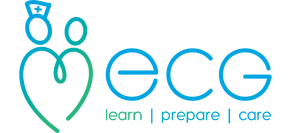With huge numbers of pharmacists performing vaccination as part of their ever-expanding set of skills, we are now seeing more pharmacists training in phlebotomy; the procedure of taking blood samples from a patient.

For those who have experience in vaccination and are looking to take on a new skill in phlebotomy, what knowledge and experience can be taken from a pharmacist’s role as a vaccinator, and applied to phlebotomy?
Reassurance
As a vaccinator you will have encountered patients with a needle phobia. Understanding how best to comfort and reassure your patient, bearing in mind there is not a one-size-fits-all solution, is of vital importance to your patients experience and their likelihood of engaging with medical services in future. The demeanor of the professional taking blood is one of the most important factors in terms of patient experience. Anyone who has performed phlebotomy enough will have had patients from whom they struggled to get a sample of blood; but a professional and calming attitude can make all the difference.


Infection Control
At ECG we teach the most up-to-date practices in terms of infection control, and this is a key aspect of your training. The principles of infection control you have learnt for vaccinating will apply to phlebotomy, and most likely be taken a step further in terms of reducing risk of infection during the procedure. Infection control protocols required before putting a needle into a vein include thorough skin cleansing, appropriate PPE and an aseptic non-touch-technique – all of which are covered in our phlebotomy training packages.
Consent
The process of gaining consent prior to vaccination is thorough and you will have been taught the importance of consent in relation to vaccination. The same applies for any medical procedure, including phlebotomy; you must be able to ensure the patient understands what is about to happen and is able to consent. Your prior understanding of capacity and the Mental Capacity Act will also help you in when starting out in phlebotomy.
Sharp Safety
Sharp safety is obviously extremely important in order to protect both patients and healthcare professionals. The same standards of good practice you have learnt as part of your vaccination training will apply to phlebotomy. The good practice around sharps includes; unsheathing a needle safely (and never re-sheathing), disposing of sharps immediately and as a priority once removed from the patient, and ensuring you maintain the “safety triangle” and never cross your body with a sharp. Having experience of working with sharps will undoubtedly help when starting your phlebotomy training.
As you can see that phlebotomy takes on so many of the core skills relating to vaccination. Whilst phlebotomy does not involve administering anything to the patient, there is the added complexity of not being able to take blood successfully. Phlebotomists face many challenges; small veins, veins collapsing or sometimes just an inability to access the vein. There is a skill to selecting the appropriate vein, using the appropriate needle gauge and entering at the correct angle – your patients will all be different from one-another. Our courses at ECG cover everything else you would need to know; from vein anatomy of the arm, to the full procedure of taking blood, to managing any potential difficulties or complications.
Performing phlebotomy can be a truly rewarding experience. When a patient nervously enters your room full of dread, but leaves happy with their experience, not only have you had an impact on their health through the blood samples taken for testing, but you can change their perception of having a blood test to make them less anxious in future. Performing phlebotomy is challenging, but you will see your confidence grow as you begin to practice, and we at ECG are here to support you with your training.

If you would like to book onto our phlebotomy training with ECG Training, please visit our website and get in touch.
Written by Sarah Hope, Clinical Development Manager, ECG Training, Tuesday 18th January 2022

